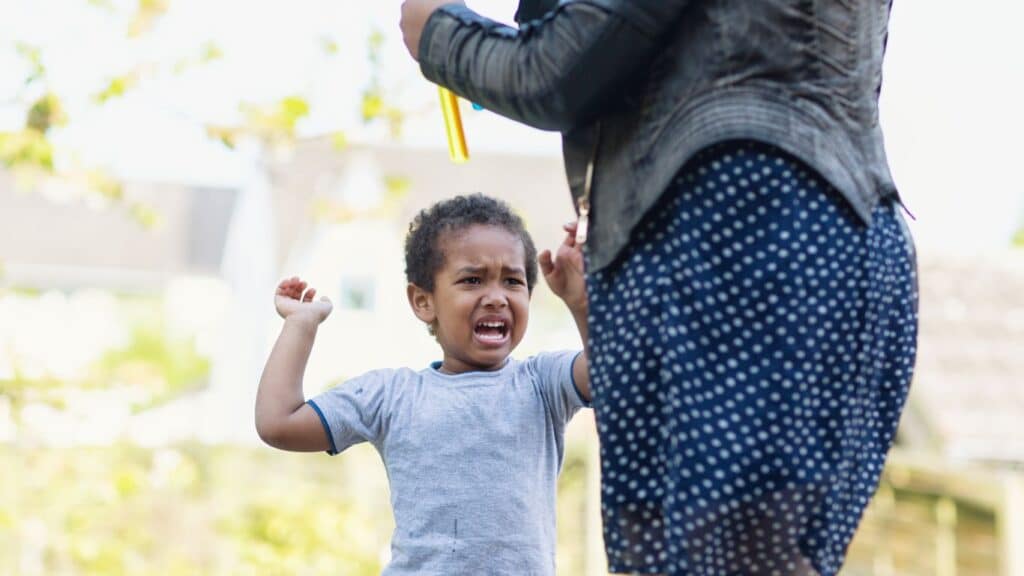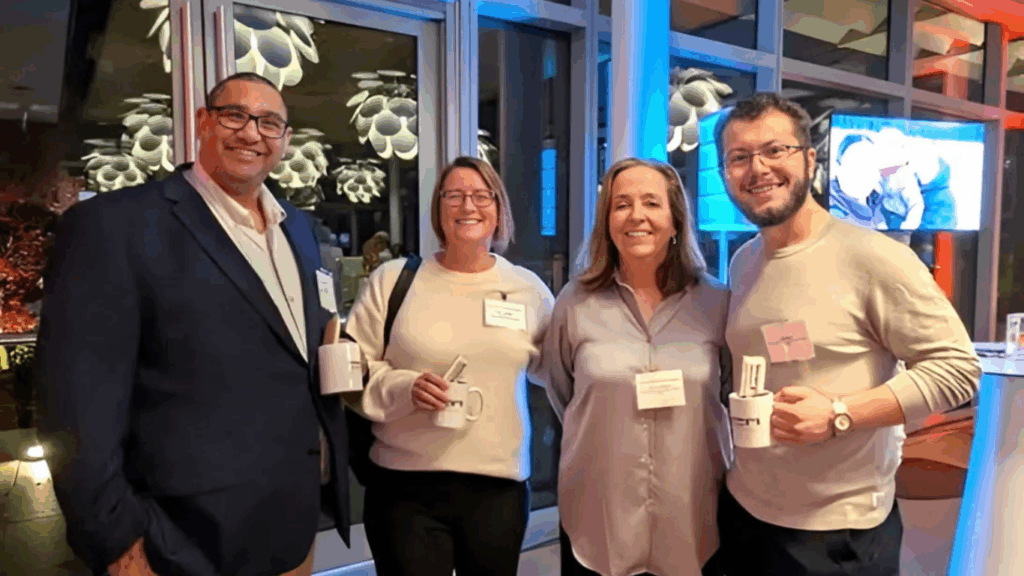Over the past 30 years, Dr. Grand’s professional activities and research have been focused on search and reunion, adoptive family identity, provision of adoption services, and openness in legislation and practice.
With his book, The Adoption Constellation: New Ways of Thinking About and Practicing Adoption, Grand challenges current and past adoption practices and discusses new and more inclusive ways of thinking about adoption. Grand also addresses the looming identity crisis of donor adoptees and the need for open information for the children of reproductive technologies.
I met with Dr. Grand last fall to discuss his book and ask him some questions about his thoughts and research on adoption.
What is your connection to adoption?
I am a step adoptee. My father died when I was 6 and I was subsequently adopted by a stepfather. But my father wasn’t talked about and the adoption wasn’t spoken of. My book was published 60 years to the day of my father’s death. If he hadn’t died, I wouldn’t have written this book and my entire life would have taken a totally different trajectory.
In the book, you talk about mattering. Can you explain why mattering is important?
Mattering is a new concept in the adoption field. People have to feel that they matter: not just that they matter to someone else but that other people matter to them. It’s bi-directional and that bi-directionality is important. There are two things that come out of mattering: a sense of safety and trust in the relationship between parent and child. When adopted children struggle, it’s often because they feel they don’t matter to anyone, and because they haven’t had experiences that showed them adults can be trusted to tolerate their strong emotions, to protect their secrets, or even not to abandon them.
What do you think about the photo listing of available children?
I am not in favour of it. It seems to portray children like commodities and tends to show a distorted reality. The children who are profiled are typically “hard to place” children and there is a 25-50% disruption rate in the hard-to-place category. I am not anti-adoption but I am anti-disruption. I also wonder about the potential for abuse. It would be good to see a controlled study of how well this method for matching children works. Our overarching goal has to be one of “do no harm.”
How can we make “hard to place” children easier to place?
With active recruitment in their social networks, by increasing the number of adoption-competent therapists, and by training families who are adopting children with special needs.
What can be done to minimize adoption disruptions?
Well, first there has to be realistic and authentic information provided about the waiting children and waiting parents. There needs to be extensive training for adoption sensitive therapists. And there has to be a commitment to long-term training and support for adoptive families by the Ministry for Children and Family Development.
You are a passionate advocate for openness. Why is openness so important for adoptive families?
Openness helps everyone in the adoption constellation. It heals relationships and helps to guide how the birth family is part of the adoptive family, and how the adoptive family is part of the birth family. We have to think of that relationship in both directions, which is different than a totally closed adoption where we pretend that the birth family never existed. This is why we need to think about the adoption constellation. The constellation includes all the people involved in the adoption experience: siblings, both birth and adopted, extended families, social workers, teachers, religious leaders and legislators. A constellation model allows for them all to influence the experience and recognizes changes in relationships over time. Some may drift away, some may become closer.
Why is openness important to children of assisted reproduction (donor adoptees)?
The lessons we’ve learned in adoption should be applied to situations with donated eggs and sperm, surrogate mothers, and other forms of assisted reproduction. Children born in these ways also have the right to know their histories. If we think that there’s a problem with adopted children who want access to information, we are going to see something much bigger with the hundreds of thousands of children conceived through technology. They have a need to know and a right to know.
Michael Grand is a professor in the Clinical Child Psychology Graduate Program at the University of Guelph in Ontario. He has received awards from the North American Council on Adoptable Children, the Adoption Council of Canada and the Adoption Council of Ontario for his contributions to best practice policies in adoption and permanency.





